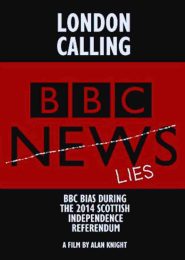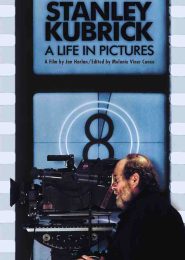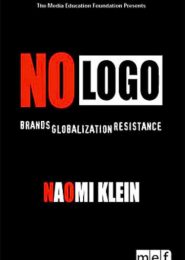Hollywood and The Pentagon: A Dangerous Liaison (2003)
Hollywood & The Pentagon: A Dangerous Liaison is a revealing documentary that peels back the glossy veneer of Hollywood to expose a symbiotic relationship between the entertainment industry and the military-industrial complex. Let’s delve into the intriguing dynamics explored in this film.
- The Intrusion of the US Army:
- Somewhere in Texas, the heroic rescue of U.S. Private Jessica Lynch during the Iraq war became fodder for a made-for-TV movie. But behind the scenes, the US Army had its fingerprints all over the script.
- Hollywood & The Pentagon sheds light on how directors alter their scripts in exchange for access to military locations and gear. The allure of authenticity drives filmmakers to collaborate with the armed forces.
- Brands, Mythical Images, and Policy:
- The documentary underscores the interconnectedness of politics and Hollywood’s images. These two realms reinforce each other.
- Jack Valenti, president of the Motion Picture Association of America, aptly stated, “Washington & Hollywood spring from the same DNA.” The mythical images perpetuated by films help enforce policy decisions.
- Whether it’s the subtle inclusion of military hardware or the portrayal of soldiers as heroes, Hollywood’s choices impact public perception.
- The Price of Cooperation:
- Post-“Top Gun,” studios adopted an unstated rule: collaborate with the military or forget about making the picture. Filmmakers needed military cooperation to achieve realism.
- This collaboration extends beyond mere logistics. It influences the narratives we consume, shaping our understanding of war, patriotism, and heroism.
- The film raises questions about artistic integrity and the compromises filmmakers make to gain access to tanks, helicopters, and military bases.
- The War Machine and Complicity:
- Michael Moore, in the documentary, points out our complicity. As taxpayers, we fund the military-industrial complex, which includes the production of weapons and the killing of civilians.
- Going to the movies becomes a reminder of our role as annihilators. The anti-war sentiment clashes with the reality of our collective responsibility.
- Video Games and Recruitment:
- The military’s influence extends beyond cinema. Video games become powerful recruitment tools.
- From Call of Duty to Halo, these games normalize warfare, making it enticing for young audiences. The line between entertainment and propaganda blurs.
- Sony, founded by a former naval lieutenant, trademarked Shock & Awe during the Iraq War, revealing the overlap between entertainment and military strategy.
In summary, Hollywood & The Pentagon: A Dangerous Liaison unveils the intricate dance between creativity and compliance. It challenges us to question the narratives we consume and the hidden strings that shape our perceptions of war and heroism.




